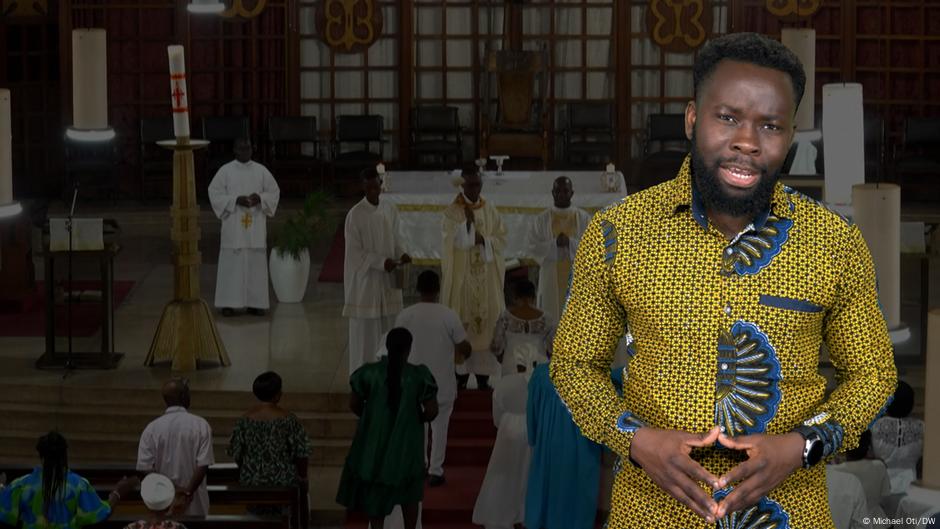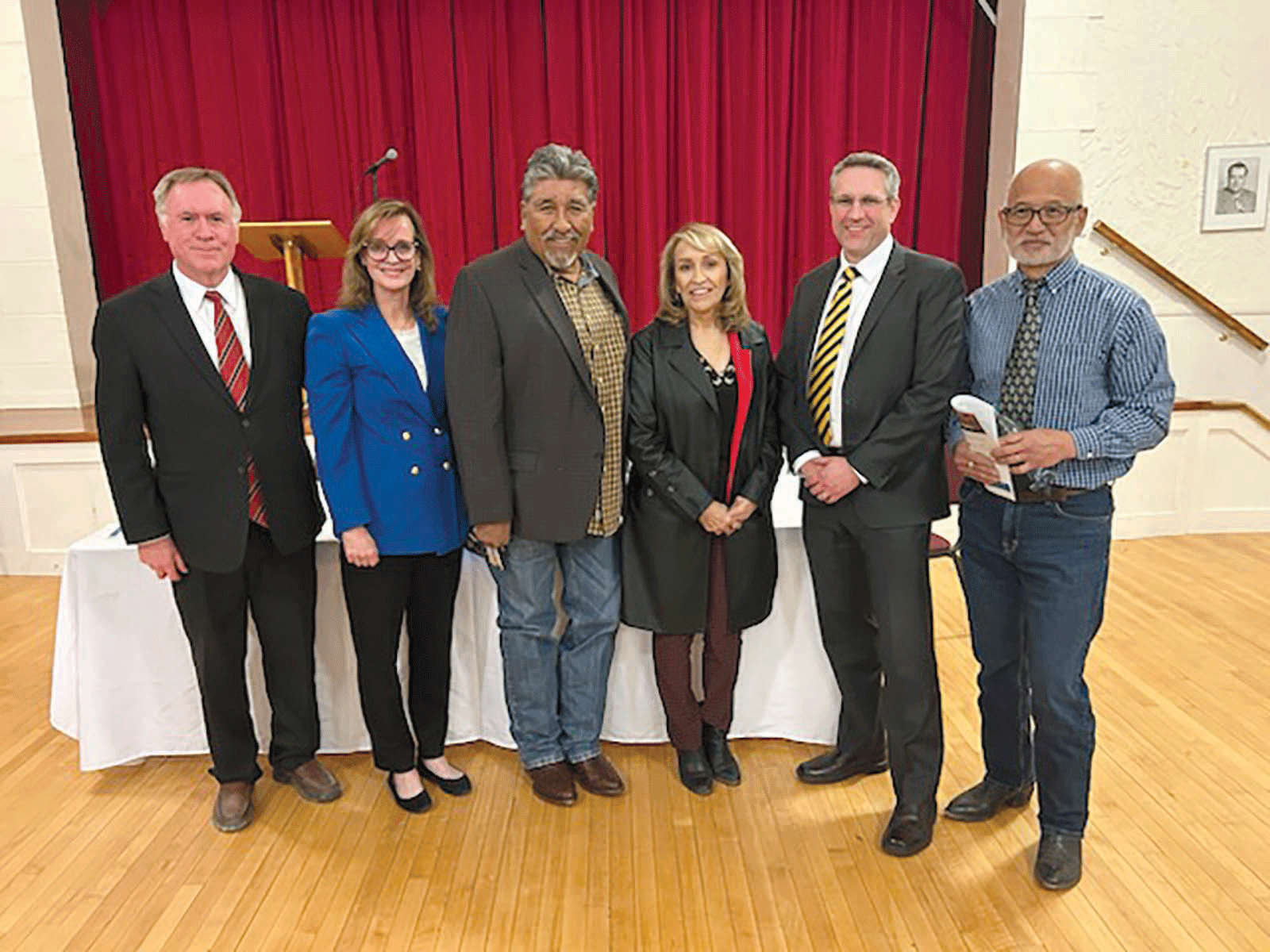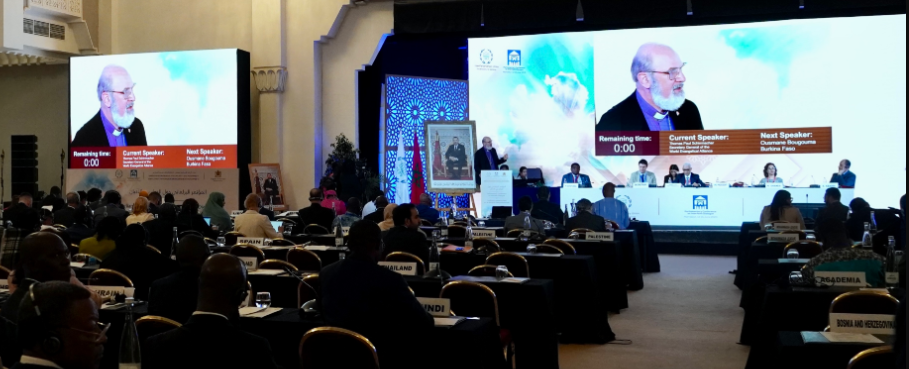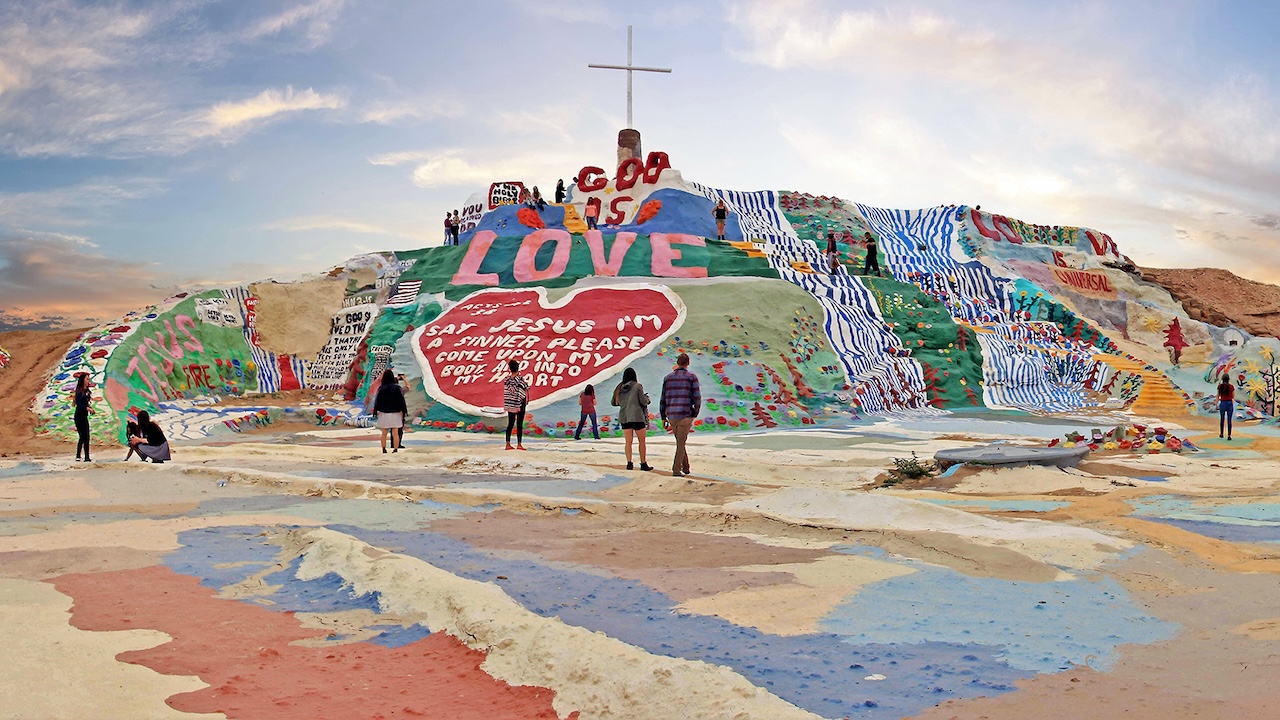Beyond Prayers: How the Catholic Church Shapes African Society
Religion
2025-05-02 14:28:33Content

Beyond Spiritual Guidance: The Catholic Church's Transformative Impact in Africa
The Catholic Church has emerged as a powerful force for social development across African nations, particularly in the critical sectors of healthcare and education. Through an extensive network of compassionate initiatives, Catholic organizations have established thousands of hospitals, clinics, schools, and orphanages that serve millions of people.
These institutions are more than just buildings; they are lifelines for communities often overlooked by government infrastructure. In regions where access to quality healthcare and education is limited, Catholic-run facilities provide essential services, offering hope and opportunity to vulnerable populations. From remote rural areas to bustling urban centers, these institutions have become pillars of support, addressing fundamental human needs and empowering local communities.
The church's commitment goes beyond mere service provision. By investing in healthcare and education, Catholic organizations are actively contributing to sustainable development, helping to break cycles of poverty and creating pathways for future generations to thrive. Their holistic approach demonstrates a profound dedication to human dignity and social progress.
Transforming Lives: The Catholic Church's Unsung Healthcare and Educational Mission in Africa
In the heart of Africa, a profound humanitarian narrative unfolds beyond traditional religious boundaries. The Catholic Church emerges as a pivotal force of social transformation, weaving intricate networks of compassion through healthcare and educational initiatives that touch millions of lives across the continent's diverse landscapes.Empowering Communities Through Compassionate Service
The Architectural Landscape of Mercy
The Catholic Church's infrastructure in Africa represents far more than mere buildings; they are living monuments of hope and resilience. Thousands of hospitals, clinics, schools, and orphanages dot the African continent, each serving as a beacon of comprehensive community development. These institutions transcend traditional religious boundaries, offering critical services to populations often marginalized by systemic challenges. Medical facilities established by Catholic organizations provide essential healthcare in regions where government infrastructure remains limited. From remote rural communities to bustling urban centers, these medical centers become lifelines, offering everything from preventative care to complex medical interventions. Skilled medical professionals, many trained through church-sponsored programs, deliver compassionate, high-quality healthcare that addresses both physical and emotional needs.Educational Empowerment as a Transformative Strategy
Educational institutions represent another cornerstone of the Catholic Church's mission in Africa. These schools are not merely academic centers but comprehensive platforms for holistic human development. By providing quality education, the church addresses fundamental socioeconomic barriers, enabling children and young adults to break cycles of poverty and marginalization. Curriculum design in these institutions goes beyond traditional academic frameworks, integrating critical thinking, ethical development, and practical skills. Students are equipped not just with knowledge, but with the intellectual and moral tools necessary to become agents of positive societal change. Scholarships, mentorship programs, and vocational training further amplify the transformative potential of these educational initiatives.Navigating Challenges and Creating Sustainable Impact
The Catholic Church's African mission confronts complex challenges with strategic resilience. Limited resources, political instabilities, and diverse cultural landscapes demand innovative, adaptive approaches. By collaborating with local communities, governments, and international organizations, these institutions create sustainable models of intervention. Community engagement remains central to their strategy. Local leadership development, cultural sensitivity, and participatory decision-making ensure that interventions are contextually relevant and community-driven. This approach distinguishes Catholic humanitarian efforts from traditional top-down development models, fostering genuine, long-term societal transformation.A Holistic Approach to Human Dignity
Beyond tangible services, the Catholic Church's African mission embodies a profound commitment to human dignity. Each hospital bed, classroom, and support program reflects a fundamental belief in the inherent worth of every individual. This philosophical foundation transcends religious affiliations, creating inclusive spaces of healing, learning, and empowerment. Technological innovations, partnerships with global health organizations, and continuous professional development ensure these institutions remain at the forefront of medical and educational excellence. By integrating traditional wisdom with contemporary knowledge, they create dynamic, responsive systems of care and education.Global Significance and Future Perspectives
The Catholic Church's work in Africa represents a microcosm of global humanitarian potential. These initiatives demonstrate how targeted, compassionate interventions can create ripple effects of positive transformation. As global challenges become increasingly complex, such models of holistic, community-centered development offer invaluable insights and inspiration. Future strategies will likely involve deeper technological integration, expanded digital learning platforms, telemedicine capabilities, and more sophisticated cross-cultural collaboration mechanisms. The ongoing mission remains steadfast: to serve humanity with unwavering commitment, dignity, and hope.RELATED NEWS
Religion

Faith, Freedom, and the First Amendment: Inside the Crucial Debate on Religious Liberty
2025-03-12 03:51:48







